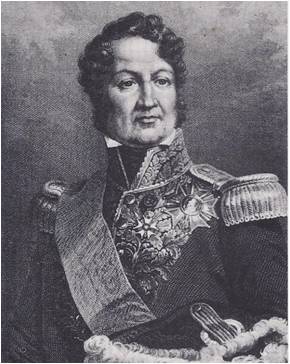IN DECEMBER of 1848, the French elected Louis-Napoleon Bonaparte as president of the Second French Republic. What he stood for was not very clear, but to most Frenchmen that did not seem important. He was the nephew of the great Napoleon and the very sound of his name stirred them like a battle-cry. Since the defeat of the first Napoleon in 1815, there had been little in French politics to capture the imagination. As the years passed, the French looked back on the Napoleonic era as the time of their greatest glory. The writer Victor Hugo wrote poems about Napoleon. …
Read More »Tag Archives: Republicans
The Revolution of 1848; 1830-1848
LOUIS PHILIPPE always spoke of himself humbly as the “citizen king.” Although he was dignified, friendly and tried to do things that would make him popular, his government could not satisfy the needs of the people. The reason was that only one out of every thirty Frenchmen had the right to vote. The Chamber of Deputies represented only the nobles and the rich upper crust of the middle class and often it did not even debate questions that were of importance to the great majority of the people. Many Frenchmen did not like the new king. The republicans were opposed …
Read More »Democracy in France 1815-1830
AFTER THE fall of Napoleon, Louis XVIII came to the throne of France. Although his powers were limited, by following a middle-of-the-road policy he was able to rule peacefully until his death in 1824. His brother, Charles X, then became king and soon began using his influence to undo as much of the French Revolution as possible. He was able to have laws passed which required the government to pay large sums of money every year to the nobles whose land had been taken from them during the revolution. The Catholic Church was strengthened and once again priests began teaching …
Read More »The Civil War 1860-1865
AS THE Presidential elections of 1860 drew near, the Democratic party was as hopelessly divided as the nation. The Southern Democrats broke away from the party and nominated John C. Brekinridge of Kentucky as their candidate. He demanded that Congress pass laws protecting slavery in all the American territories, whether the people of the territories wanted slavery or not. Democrats from the northern and border states nominated Stephen A. Douglas, who promised to allow each new state in the West to decide the slavery question tor itself by popular vote. With the Democrats divided, the Republicans were almost certain to …
Read More »


